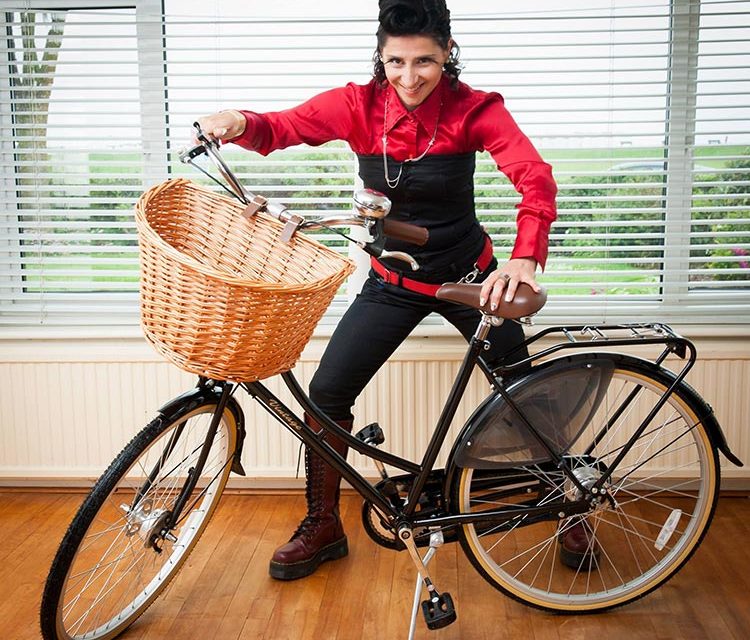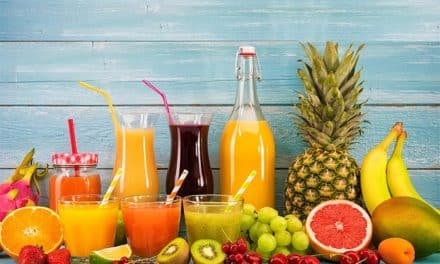Protein makes up the framework of your body’s cells, tissue, and organs. This means it is important for your immunity, hormones, healing, and recovery.
The Power Of Protein
Your body makes use of the proteins both plant and animal sources. Animal proteins are generally superior to plant proteins in providing all the building blocks needed for preventing protein-malnutrition and keeping you strong during the lockdown. You can look at red meat, chicken, fish, eggs and dairy for animal protein, and legumes (beans, peas and lentils) for your plant proteins. If plants are your protein of choice try to mix and match them with grains to ensure you are getting all the building blocks you need – for instance give multi-grain rice and lentils a go! For the meat-eaters out there – red meat intake should be limited to one serving per week, fish should feature in your diet three or four times in a week whilst poultry, eggs and dairy can make up the difference.
Fortunately most animal-based sources are freezer (and lockdown) friendly. Fresh meat, depending on the cut, lasts for four to 12 months when frozen. Meanwhile poultry pieces can be frozen for up to nine months. Whitefish can be frozen for six to eight months, but pink fish only last for two to three months. Remember fish can also be purchased as a tinned alternative.

2. Feel The Fuel
Fueling your body refers to meeting your daily energy requirements, where carbs serve as an immediate source of energy, and fat is a stored fuel. During lockdown, you may be less active, but you are still burning calories. Manipulation of your energy can not only alter your weight and body composition but can influence your immune responses as well. If you have some weight to lose, a moderate caloric restriction is advised to improve immune function. But, if you find your BMI within normal ranges, or you have an exceptionally lean build, be cautious of extreme calorie restrictions.
3. Assess Your Stress
Stress, anxiety and boredom can lead to overeating or “grazing”. While you are doing your bit through social distancing, there are three things you can do for yourself before reaching for your next snack. Firstly, is it hunger or thirst? These two sensations are easily confused – so take the test! Drink a glass of water, wait a few minutes and then reassess. If you find you are still hungry but have just eaten, take 20 minutes for your meal to settle. During this time you can keep busy by reading or staying active. Secondly, focus on piling on the plants. When you are feeling peckish, rather snack on whole fruit and veg, or even give a homemade smoothie a try! Lastly, beat the cravings. If you want something sweet or even salty, use any extra time you may have to make your own tasty treats. This means you are in control of the amount of sugar, fat and/or salt added.

4. Eat Your Essential Fats
Some fats are essential, and others are non-essential. During lockdown aim at least one serving of salmon, sardines or pilchards (canned, fresh or frozen will do) every other day, plus a tablespoon or two of walnuts, flaxseed, chia seed or even hemp seeds.
These foods are full of omega-3’s which are the essential fats known for their protective functions and they play a huge role in resolving inflammation. The most vital ones are eicosapentaenoic acid (EPA) and docosahexaenoic acid (DHA). EPA and DHA are found in pink oily fish and algae oil. You can get omega-3’s from certain nuts and seeds (think walnuts and flaxseeds), however, these are in the form of alpha-linolenic acid (ALA), a less actively utilised form with lower anti-inflammatory properties.

5. Pile On The Plants
Fruit and vegetables have been praised for their vitamin concentrations, so you all know to aim for at least five or more servings a day. However, few people know that whole-grains, legumes, nuts, and seeds are also considered plant-based foods, just like fruits and veg. Plant-based eating doesn’t mean going vegan, it does mean making plants the focus of each meal and/or snack. Why? Vitamin A, C, and E, as well as folate, phytonutrients, and prebiotics, are just some of the protective nutrients that plants provide.
Since you should be maintaining a safe social distance you can buy your fruit and veg fresh, tinned, frozen, or even dried – the nutrients will still be there (and sometimes may even have a bit more to offer). In addition to fruit and veg, try to include one to two servings of grains at each meal, one or two servings of nuts and seeds in a day (think essential fats), and a serving of legumes no less than three times a week.

6. Always An Assortment
Avoidance of one or more essential nutrients can happen unintentionally, especially when your food choices are limited to what you have in your kitchen. Vital, protective nutrients like vitamin B6, B12, copper, selenium, and zinc, and other not so vital prebiotics are found in an array of foods emphasising the need for dietary diversity! This means in addition to piling on plants, don’t forget about animal-based foods. For Instance vitamin B6 can be found in bananas and chicken, but vitamin B12 is only sourced from red meat, chicken, fish, eggs and dairy.
















You must be logged in to post a comment.